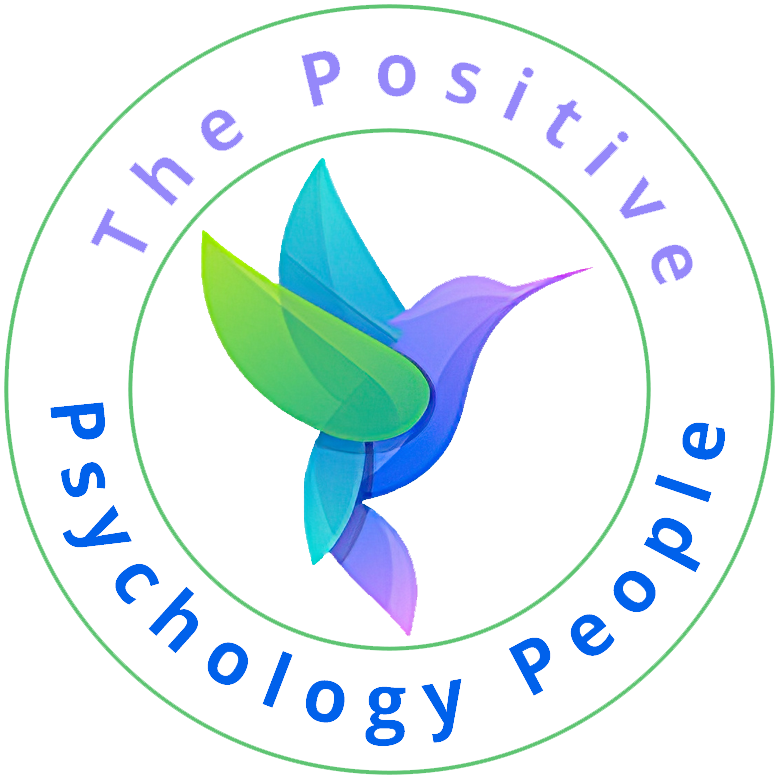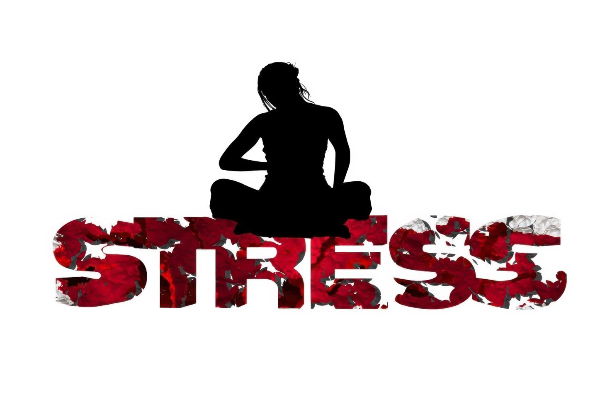You can listen to the audio version of this article if you prefer
When positive psychology first arrived on the scene its mission statement was to help the average person move beyond ‘getting by’ and support them to actually flourish. But 25 years later, if my work as a Positive Psychology Coach is anything to go by, more and more people are seeking out positive psychology as a solution to their ongoing low (and not so low) levels of mental distress.
Anxiety and stress are increasingly common conditions with 40 % of the population experiencing medium or high levels of anxiety.
Experiences of stress are even higher, with 74% of people feeling so stressed they were overwhelmed or unable to cope. And that figure is greater in younger people.
It seems the ‘average person’ needs support with managing these conditions.
Positive psychology can, and should be, taking up this challenge. It provides people with evidence-based strategies that support them to regain balance and rebuild their resilience.
What is Stress?
We all experience stress to some degree and how we manage that can make a big difference to our overall wellbeing.
Occasional stress is natural and useful as a motivator. But what happens if stress continues for too long? Or when our mind and body don’t ‘get the message’ that the stressful event has passed?
When a stressor pushes us into fight or flight mode the body diverts blood from less urgent functions in order to pump more around the body. Hormones like cortisol and adrenaline are released. We jump into survival mode and activities like digestion, sleep and planning take a back seat.
That can be really useful for getting things done but we run into problems when we get stuck in action mode and forget to come back down.
Is It Stress or Anxiety?
Stress is the body’s response to external pressures, things like work deadlines or running late for a meeting. Anxiety is more of an internal state of apprehension or fear, sometimes without any clear cause or trigger.
They are closely linked; being stressed for a long time can cause anxiety and being anxious can cause stress.
Both are normal human reactions but we can get stuck in those states for too long and then they can start to interfere with our ability to manage our lives.
The Body Keeps The Score
There is a toll on our mental, physical and emotional health which can lead to…
- Increased irritability
- Difficulty concentrating
- Forgetfulness
- Lower productivity
- Pain in the body such as headaches, tight jaw, upset stomach, muscle tension
- Disrupted sleep
- Changed appetite
- Worsen existing health problems
- Weakened immune system
- Decreased sociability
- High blood pressure
- Chest pain
- Increased use of substances (legal and illegal) as a coping mechanism.
When stress and anxiety become chronic, they start to reduce our ability to function effectively and can contribute to serious health issues like heart disease and depression.
How Can Positive Psychology Help?
Positive psychology can support us to manage life more effectively. It builds resilience, by focusing our attention on our strengths, and boosts wellbeing.
It helps us cultivate practical skills to manage stress and gives us a greater sense of control over how we deal with life events. When you feel you have the resources to cope with whatever life throws your way, you don’t have to be in ‘ready’ mode waiting for the next thing to come at you. You remember to set down the defences and relax.
Find what works for you to reset and rebalance. It might be a run, walking, dancing, meditation, grounding yourself, taking a shower.
Do the activity consciously. Say to yourself ‘I am now letting go of that event, it has passed.’ Feel your stomach drop and relax, your breathing slow and deepen. Your body acknowledges the shift in pace. It gets the message it is okay to rest now.
Quick, regular actions are the key. A few minutes each day is more useful and achievable than trying to find big chunks of time in your week.
Here’s some suggestions to try.
Mindfulness
Mindfulness is about paying attention to the present moment in a non-judgemental way. Simple but not easy! Try techniques like meditation or focusing on your breath. These help bring you back into the now. Develop the habit of stopping to notice how you are feeling at points through your day. Watch what thoughts that come up, how does that feel in your body?
Focus On Positive Emotions
Spend time doing the things that bring you joy and satisfaction. Take time to reflect on things you’re thankful for and have achieved. Give yourself permission to do that. This broadens our perspective and that is a critical resource in managing life’s bumps in the road.
Honour Your Boundaries
When you have a lot on your plate, avoid the people and news that stress you wherever you can. Practice self-care around your boundaries so you give yourself the time and space to wind down.
Maintain Good Social Connections
Supportive relationships are a source of emotional support and give us a sense of belonging. These are crucial for our mental wellbeing. Prioritise time with friends and family so you don’t feel you are just squeezing them in around a hectic schedule.
Get Active
Doing some kind of physical activity that you enjoy is fantastic for burning off that stress response. Otherwise that energy can fuel stress and anxiety symptoms. Exercise releases mood lifting endorphins too, so what’s not to love!
Don’t Compare Yourself
We all react differently to situations. Something that causes one person stress won’t bother someone else, so don’t waste your time comparing yourself.
Ask For Help
Talk with a friend of professional if you need support. Telling people what’s going on in your head is like releasing a pressure valve. Don’t keep it in! If you don’t want to do that with friends, family or your workplace manager then find somewhere else – a support group, a therapist or coach.
Develop a Regular Routine
Build in a regular routine around the basics; your sleep, healthy meals, drinking enough water, moving your body and connecting with others.
And Remember…
Stress and anxiety are normal and natural responses, in our minds and our bodies, to events happening in and around us.
Many of the things that cause us stress are external to us but managing stress is something that is something we can get better at.
Think consciously about decompressing; shifting your state from stressed to calm. Recognise when it is time to down tools and return to your rest and digest mode.
If you need help to discover the ways to do that then talk to someone who can support you. If you are finding that hard then get in touch. A Positive Psychology Coach can help you do just that!
References
The following is a Deep Dive podcast that discusses the issues raised in this article

